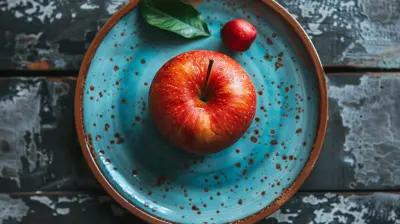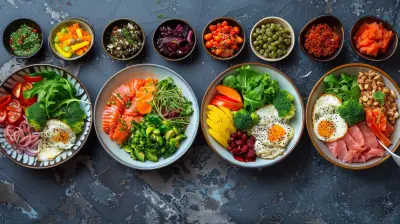The Importance of Buying Organic Produce in Season
15 August 2025
Alright, let’s talk veggies—no, not the sad, limp, three-week-old carrot you just found at the back of your fridge. We’re talking about fresh, vibrant, juicy, in-season organic produce that practically shouts, “Eat me, I’m fabulous!”
Buying organic produce in season is like choosing Beyoncé for karaoke night—it just makes sense. You get flavor, freshness, and a whole lot more bang for your buck. But beyond the delicious bites and trendy farmer’s markets, there’s a deeper, more wholesome reason why seasonal organic produce should be your go-to shopping cart star.
Spoiler alert: it’s not just about feeding your kale addiction.
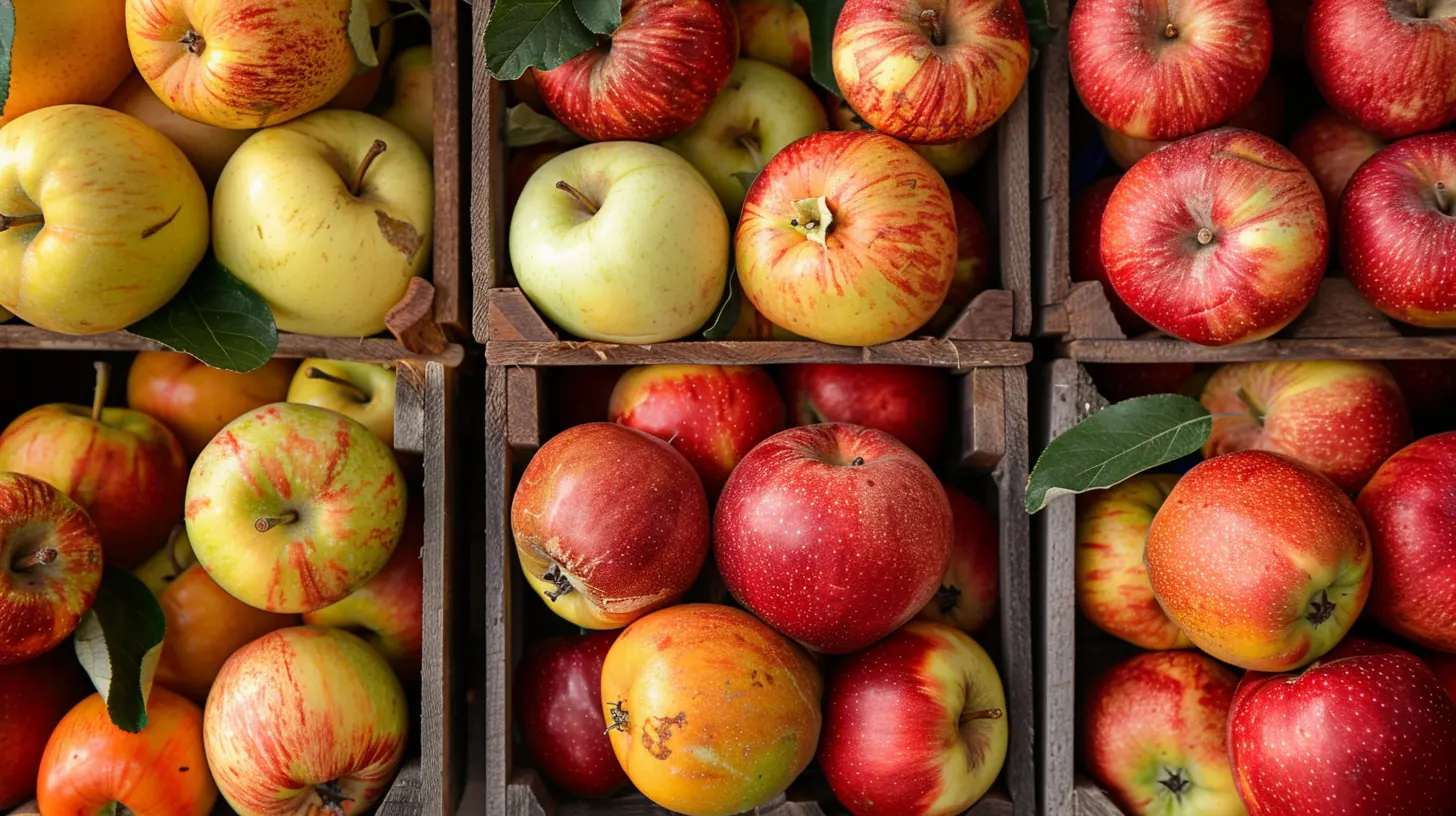
What Does "In Season" Even Mean?
Okay, let's clear the air. "In season" doesn’t mean a fruit or veggie has a Netflix special coming out. It means that the crop is being harvested naturally and locally during a particular time of year—totally in sync with the climate and Mother Nature’s calendar.For example, strawberries in June? Yes, please. Pumpkins in October? Absolute pumpkin spice perfection. Watermelons in February? Uh, not so much. When you see watermelon in winter, it's probably flown more miles than you have in the past year. Not great for freshness (or the planet).
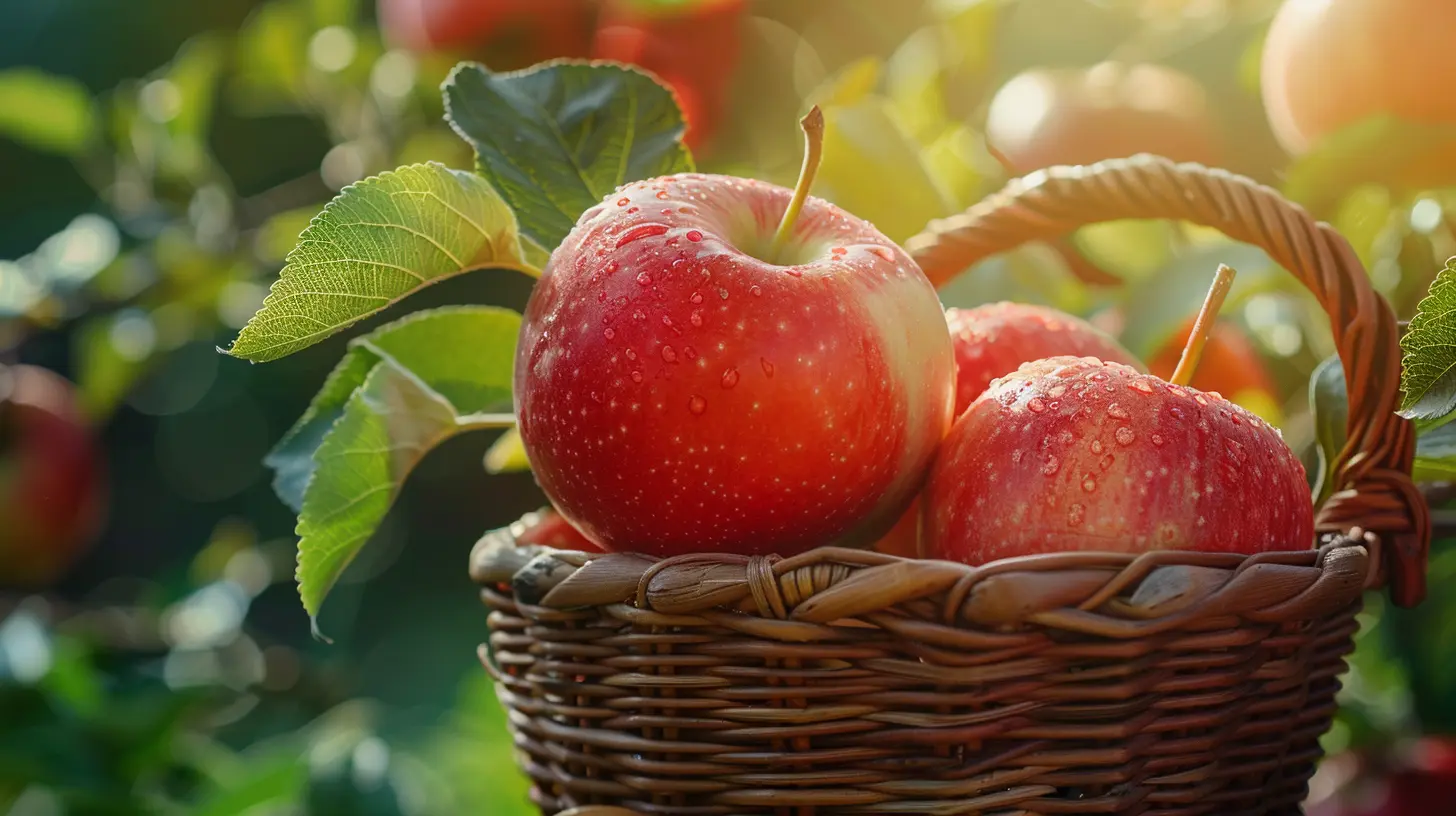
Why Go Organic in the First Place?
Some folks say buying organic is just another way to feel smug at brunch. But there’s solid science behind the hype. Organic produce is grown without synthetic pesticides, herbicides, or Franken-fertilizers. Plus, organic farming usually means better soil, cleaner water, and happier bees (and who doesn’t love happy bees?).Let’s be real—none of us wake up thinking, “What synthetic chemical cocktail can I munch on today?” Organic produce helps keep your meals free of all the yucky stuff that should stay in lab coats and test tubes.
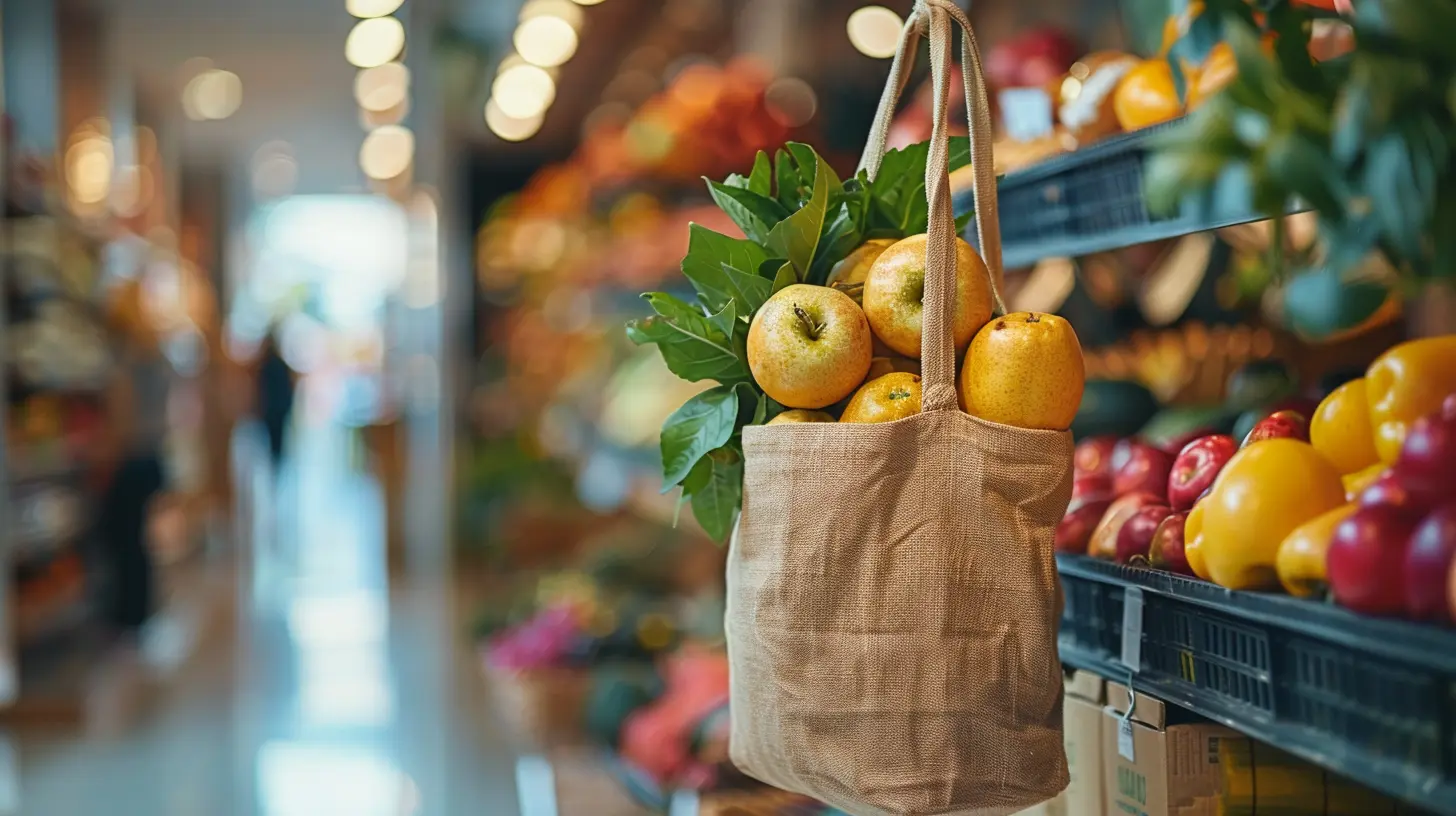
The Holy Union: Organic + In Season = Match Made in Heaven
Shopping for organic produce that's also in season is like dating someone who’s emotionally available AND does their own laundry. Rare? Maybe. But totally worth it.Let’s break this golden combo down:
1. Flavor That Punches You in the Taste Buds
In-season organic produce doesn’t just taste good—it tastes like it went to a flavor bootcamp. The nutrients are at their peak, and the taste? Mama mia!Have you ever bitten into a winter tomato and immediately regretted life choices? That’s because out-of-season produce is often picked early, gassed to ripen, and shipped across half the world. In-season options, however, are picked when ripe and ready—no green tomato catfishing involved.
2. More Nutrients, Fewer Regrets
When fruits and veggies are picked at the peak of their season, they’re actually more nutritious. Science-backed, scout’s honor! The longer produce sits in storage or travels across the globe, the more vitamins start packing their bags and peacing out.So, if you want your spinach to be as iron-clad as a Marvel superhero, get it when it’s fresh and local. Your body will thank you later—probably with better energy and fewer snacks at midnight.
3. Savings So Good, You’ll Think It’s a Prank
Organic produce has a rep for being bougie—and let’s not lie, sometimes it is. But when it’s in season? That’s when prices drop and deals bloom. You’ll find the best prices on organic goodies when there’s a natural surplus.Think of it as nature’s BOGO event. Stock up, freeze some, and pretend you’re a culinary genius with pre-cut butternut squash cubes all winter. Boom. Nailed it.
4. Supports Local Farmers (AKA the Real MVPs)
When you buy organic, in-season produce, you’re putting your dollars into real, dirt-under-the-nails, salt-of-the-earth farmers who work their butts off to grow food without cutting corners.Plus, local farms often use sustainable practices that protect the ecosystem. It’s like voting with your wallet—except your vote tastes like heirloom tomatoes and ethical farming.
5. It’s Better for the Planet, Period
Let’s talk carbon footprints for a sec. Out-of-season produce usually means massive shipping distances—sometimes from another hemisphere. That means more pollution, more fuel, and more reasons for the planet to sigh heavily.In-season organics, especially locally grown ones, travel shorter distances. Less travel equals less environmental guilt. It’s a simple equation: fresh food + short journey = happy planet.
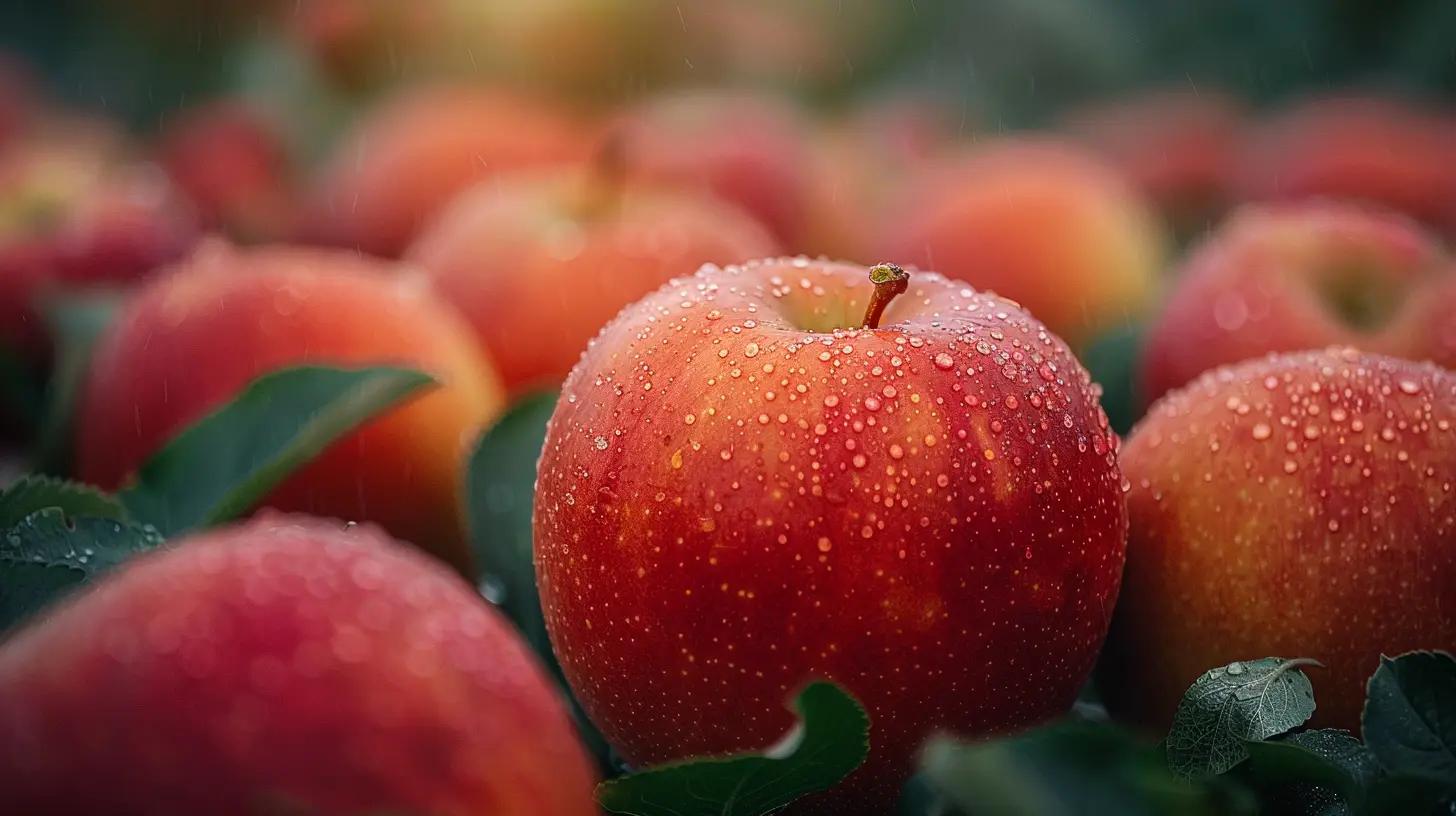
But Wait—How Do You Know What’s in Season?
Ah, the million-dollar question. Unless you're part-plant, it can be tricky to keep track of seasonal produce. Here’s a cheat sheet (because who has time to memorize harvest calendars?):| Season | In-Season Organic Produce You’ll Love |
|--------|---------------------------------------|
| Spring | Asparagus, kale, radishes, strawberries, peas |
| Summer | Tomatoes, corn, zucchini, berries, cucumbers, peaches |
| Fall | Apples, pumpkins, beets, squash, carrots |
| Winter | Citrus fruits, Brussels sprouts, sweet potatoes, leeks |
Bonus tip: Many farmers' markets and grocery stores label what's “local” or “in season.” Look for signs or just ask someone. You don’t need to channel Sherlock Holmes—just be curious.
OK, But What If I Can’t Find In-Season Organic Produce?
Life happens. Maybe you live in the middle of a produce desert or your grocery store thinks kale is just a trendy baby name. Don’t worry, you’re not doomed.Here’s what you can do:
- Go frozen: Organic frozen fruits and veggies are picked at peak ripeness then flash-frozen. Still nutrient-rich, still delicious.
- Join a CSA: Community-supported agriculture boxes deliver fresh, in-season produce straight to your door. Plus, it's like a veggie Christmas every week.
- Grow your own: Even a small patio can house a tomato plant or some herbs. It's easier than you think, and nothing beats homegrown pride.
Pro Tips for Shopping Like a Seasonal Produce Pro
So, you’re all in. Organic and in-season is your jam. But how do you go from enthusiastic to expert?Here’s the game plan:
1. Shop Often, Buy Fresh
Frequent smaller trips are better than one big warehouse haul. The fresher your produce, the better it tastes and the longer it lasts. Think of it like dating—better to see your food often than commit to a squash that goes sour in two days.2. Talk to Farmers
They’re not scary. They’re actually super chill, and they love when people ask about their crops. You’ll learn what’s best this week, get insider tips, and maybe even walk away with a free sample. Win-win.3. Be Flexible
Don’t get stuck on a meal plan that requires mangoes in January. Embrace what’s available. Ever tried kohlrabi? You might fall in love. (Or at least settle for a solid platonic relationship.)4. Preserve Like a Pro
Buy in bulk when the price is right, then freeze, dry, or pickle your way into food-prep greatness. Future you will cry happy tears when you're feasting on homemade organic strawberry jam in December.Myth Busting Time: “Buying Organic in Season is Too Expensive!”
Look, I get it. Organic can be pricy. But here's the twist—when it's in season, it's not. Or at least, not as expensive. Prices tend to drop naturally when there's a surplus. You just have to be savvy.Think of it like this: would you rather pay $6 for a flavorless peach in December or $2 for a basket of juicy ones in July? Exactly. It's simple math, folks.
The Bottom Line: Seasonally Sexy, Organically Awesome
So there you have it. Buying organic produce in season isn’t just a feel-good fad—it’s the full package. You get incredible taste, better nutrition, lower environmental impact, and you support local heroes who grow food the right way.And yeah, maybe your grocery bill thanks you too.
Next time you’re shopping, skip the sad, waxy, jet-lagged apple and grab what’s fresh, ripe, and rocking its natural season. Your body, your taste buds, and honestly the entire planet will give you a slow clap.
So go ahead—eat that peach in July like it’s the last episode of your favorite show. Because seasonal organic produce? That’s the real main character energy we all need.
all images in this post were generated using AI tools
Category:
Organic FoodsAuthor:

Laurie Barlow
Discussion
rate this article
1 comments
Erica McFee
Buying organic produce in season maximizes freshness and nutritional value while supporting sustainable farming practices. Seasonal crops require fewer resources and reduce carbon footprints, promoting local economies. Additionally, embracing seasonal varieties encourages diverse diets and connection to nature, enhancing overall well-being and health consciousness.
September 4, 2025 at 4:40 PM

Laurie Barlow
Thank you for highlighting the benefits of buying organic produce in season! Your insights on freshness, sustainability, and health truly capture the essence of our commitment to promoting local and diverse food systems.
